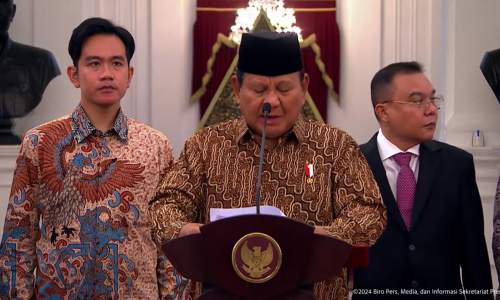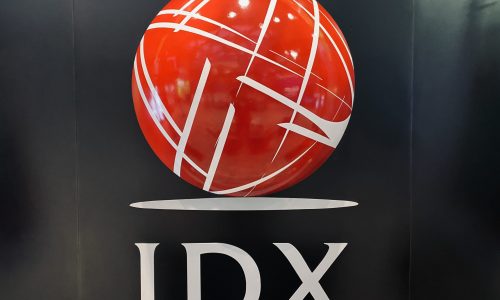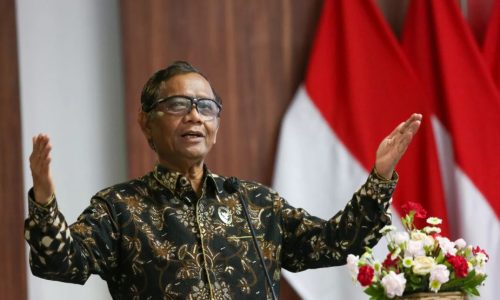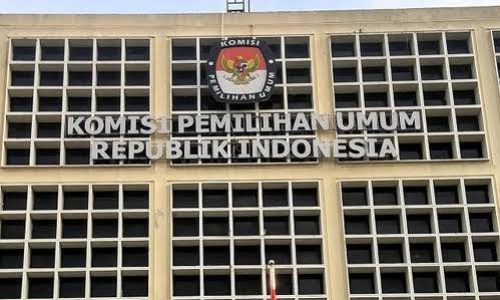A new survey of adults in 18 of the world’s 20 largest economies (G20 countries) has revealed a majority of support for tax reform and broader political and economic reform.
Around two-thirds (68 percent) of people in the 18 G20 countries surveyed support a wealth tax for the rich as a way to fund major changes in the countries’ economy and lifestyle, with only 11 percent opposed, while 70 percent support higher income tax rates for the rich, and 69 percent support higher tax rates for big business, according to the survey conducted by global market researcher and public opinion specialist IPSOS.
Support for wealth taxes for the rich is the highest in Indonesia (86 percent), Turkiye (78 percent), the UK (77 percent) and India (74 percent). Support was the lowest in Saudi Arabia (54 percent) and Argentina (54 percent), but still more than half of those surveyed. In the United States, France and Germany around two in three surveyed support a wealth tax for the rich (67 percent, 67 percent and 68 percent respectively).
The results of the survey also show that when thinking about climate change and protecting nature, 71 percent of respondents in the 18 of G20 countries surveyed believe the world needs to act urgently, within a decade, to reduce carbon emissions from electricity, transportation, food, industry and buildings. This figure rises to 91 percent of Mexican, 83 percent of South African and 81 percent of Brazilian respondents surveyed. This confidence was the lowest − but still more than half of respondents − in Saudi Arabia (52 percent), Japan (53 percent), the United States (62 percent), and Italy (62 percent).
Bhima Yudhistira, Director and Economist of Center of Economic and Law Studies(CELIOS), says that the survey results show that 86 percent of respondents in Indonesia support wealth tax as a solution to the problem of inequality as well as climate financing that occurs in Indonesia.
“The amount of support in Indonesia compared to other countries is very interesting to study. If the public support is already large, then now it only remains for the Ministry of Finance to formulate the technical details of the wealth tax so that it can be immediately implemented in the 2025 Draft of State Budget.” Bhima said on Tuesday, June 25, 2024.
“Moreover, the fiscal space is narrowing and quick steps are needed to increase the tax ratio. Wealth tax is predicted to contribute up to Rp 155.3 trillion or US$9.36 billion in a single implementation,” he added.
He said further that wealth tax could be utilized as an instrument to reduce asset accumulation of the super-rich, which is mostly obtained from extractive commodities. This is based on the fact that the main source of assets of the rich in Indonesia comes from coal business and other extractive commodities that damage the environment.
“The greater the wealth tax rate on net assets, the less incentive to seek anomalous profits from the extractive sector,” he said.
Bhima added that the utilization of wealth tax will be useful in the development of cleaner and more equitable renewable energy. Money from wealth tax is needed, for example, to accelerate the closure of coal-fired power plants, and help poor communities manage clean energy sources based on solar and micro-hydro.
The findings come as finance ministers from G20 countries, including the United States, China and India, prepare to meet in Brazil this July. For the first time, wealth taxes are on the agenda as these countries deliberate on strategies to address economic and environmental challenges.
The survey, supported by Earth4All and the Global Commons Alliance, explored support for economic and political transformation across 18 of G20 countries. The survey itself was conducted by global pollster IPSOP. In Indonesia, there were 1,000 respondents.
The survey highlighted broad support for using additional tax revenues to fund policy proposals for changes in economy and lifestyles. Key sectors with strong support include green energy initiatives, universal healthcare, and strengthening workers’ rights. Even less popular proposals, such as a universal basic income and investment in forum to strengthen democracy, received support from around half of the respondents.









